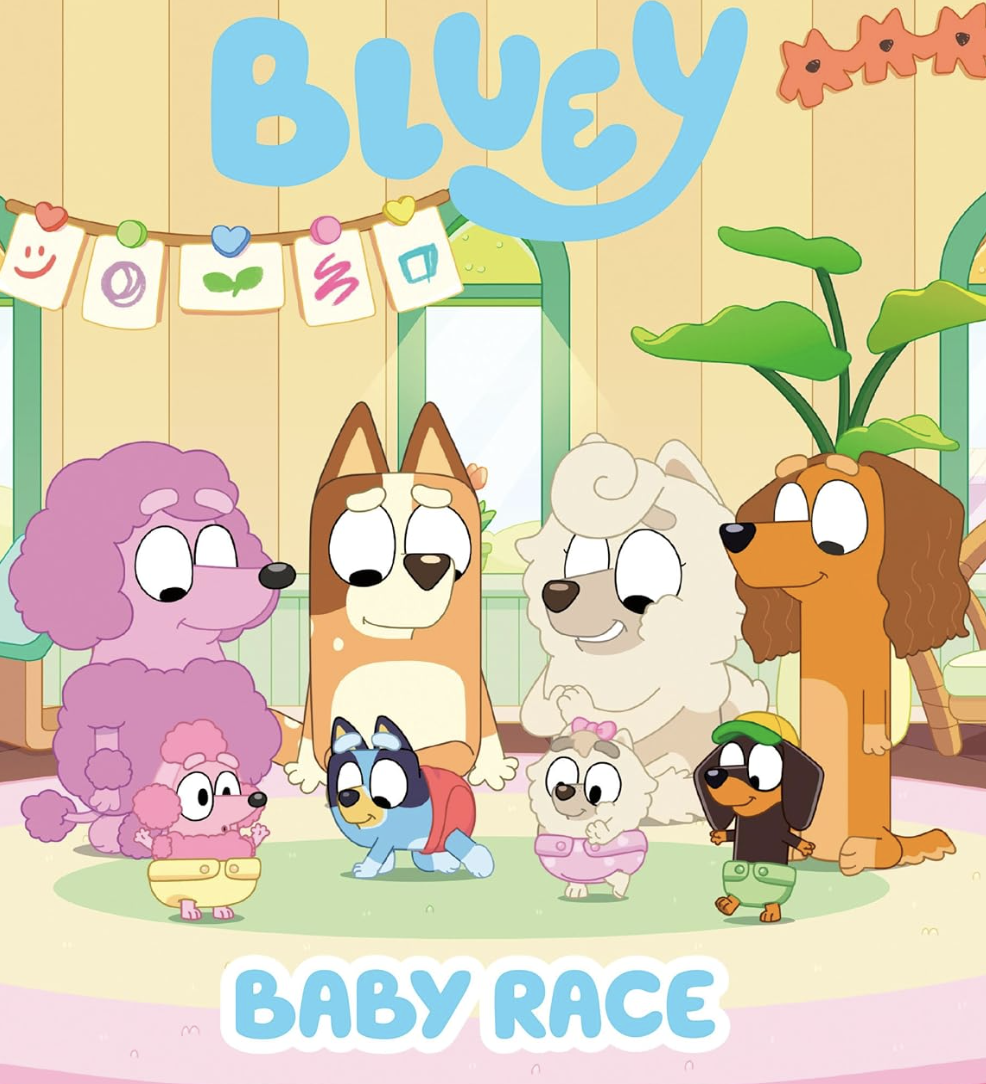
If you’re a fan of Bluey like we are, you might remember the Baby Race episode. I cried when I watched it because our daughter was about three at the time, and I had already begun to slip into the spiral of comparison.
As parents, it’s easy to measure our children’s milestones against others and judge ourselves against other parents. But comparison can quickly turn information and inspiration into self-doubt, envy, and strain on both our relationships and our happiness.
In today’s world, the opportunities to compare ourselves are endless. That’s one of the reasons I uninstalled Instagram from my phone. I recently came across a doctoral dissertation by Ciera Kirkpatrick, who became a mother while completing graduate school. Her work, The Effects of Instagram’s Idealized Portrayals of Motherhood on New Mothers’ Well-Being, resonated deeply with me and I wanted to share a few excerpts.
[Instagram] is a world where children are always happy, homes are always clean, and mothers wear full faces of makeup - regardless of if they are going out or staying home to care for their children. Meanwhile, the reality of motherhood looks quite different. Children are irritable, postpartum depression is an enduring challenge, and mothers are too tired to clean the house - let alone do their hair and makeup. Nevertheless, Instagram continues to be home to countless picture-perfect portrayals of motherhood, posted for the world to see. While it isn’t inherently wrong for mothers to share happy momentsfrom their lives, these portrayals may become dangerous if they cause other mothers to have unrealistic expectations of how motherhood should look for them, and in turn, they may affect mothers’ well-being. This study examines if and how Instagram posts portraying motherhood have an impact on new mothers’ well-being.
As the idealized posts cause mothers to develop feelings of envy, this could, in turn, have significant effects on their levels of state anxiety and their psychological health. Envy has previously been found to mediate the relationship between Facebook use and negative outcomes such as decreased life satisfaction and depression in other comparison domains (e.g., Krasnova et al., 2013; Tandoc et al., 2015), and, as Vogel and Rose (2016) suggest, it may be the case that as individuals view idealized versions of others’ lives, this leads to envy which then causes the individuals to have negative perceptions of their own lives and feel poorly.
As portrayals of motherhood capture the attention of new mothers, it’s important that today’s mothers are aware of the possibility that exposing themselves to such posts may affect their mental health. Simply being aware that social media can have these effects is an important start for new mothers. This awareness may help them to understand why they are experiencing certain emotions and could aid in helping them to see the value in taking breaks from social media.
Whether you find yourself comparing your parenting style to friends or to polished influencers online, remember: you’re only seeing snippets of their lives. Take what inspires you, let go of what doesn’t serve you, and remind yourself that there is more than enough space in the world for all kinds of parenting. You are enough.
.png)
.png)

